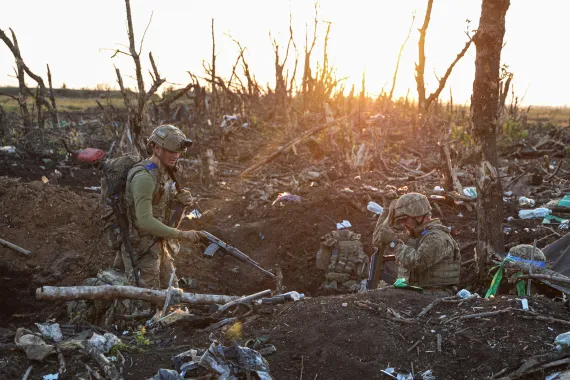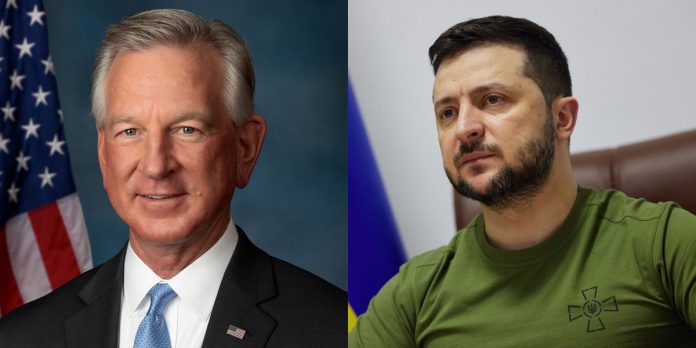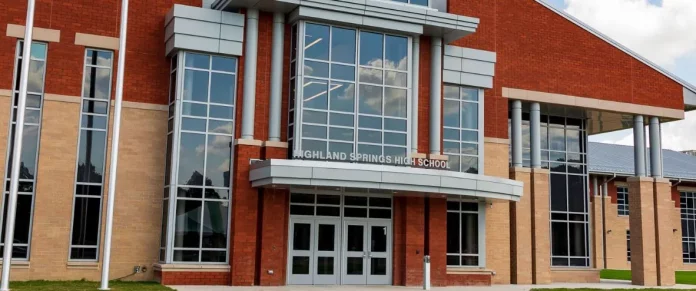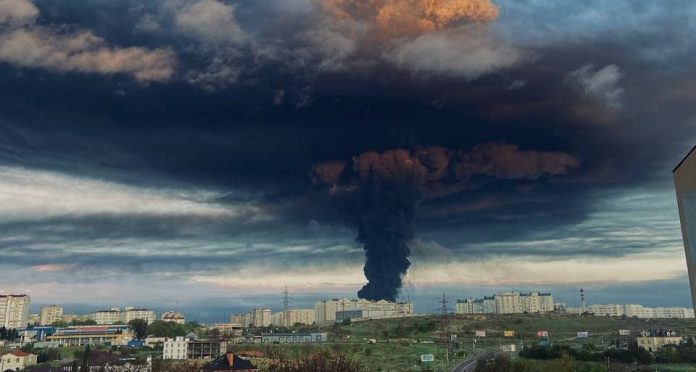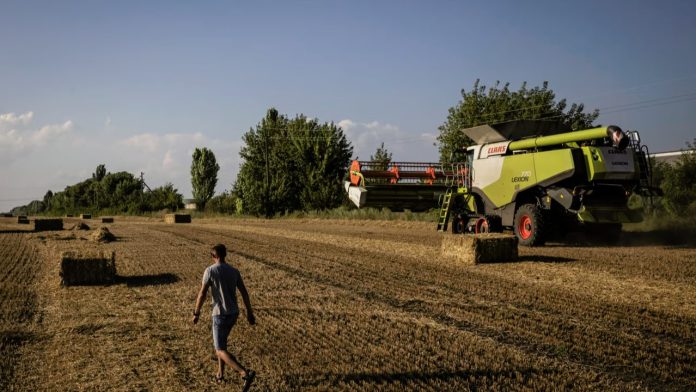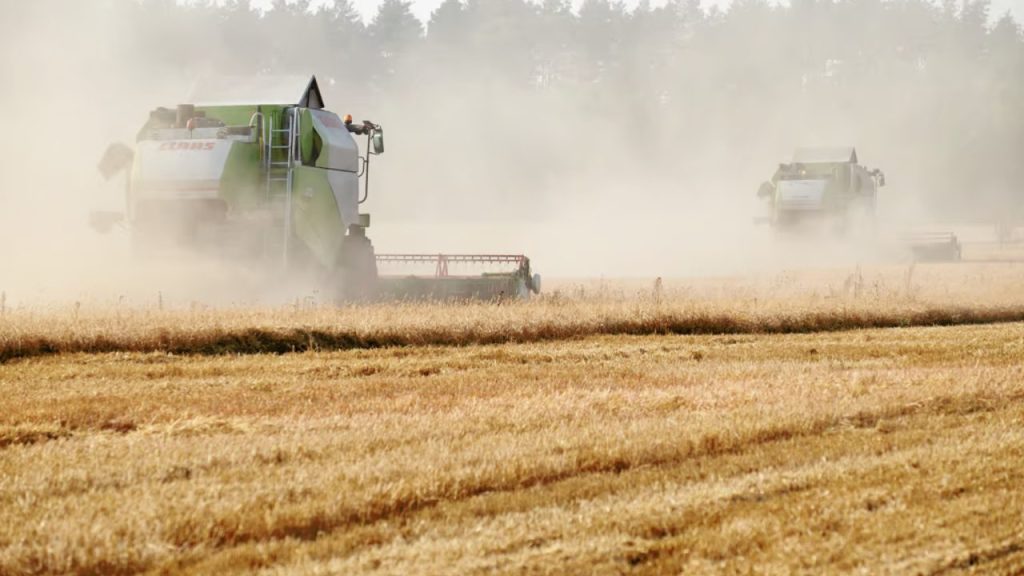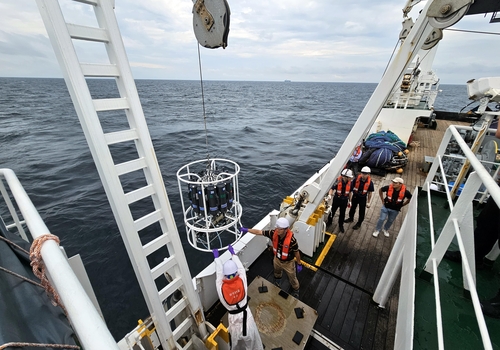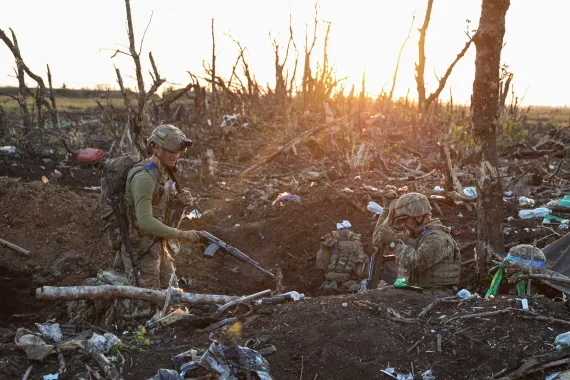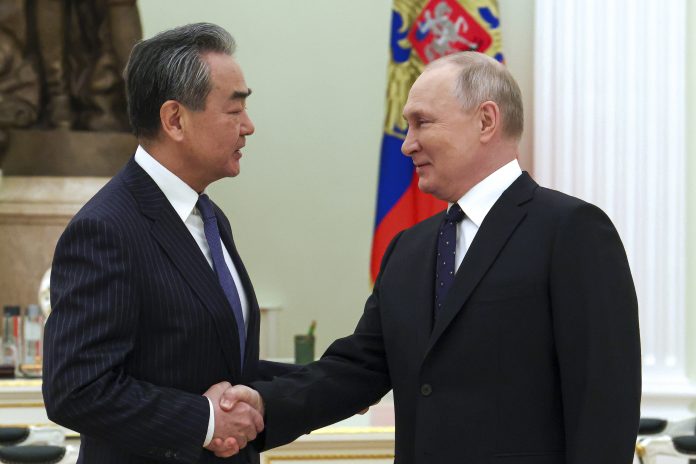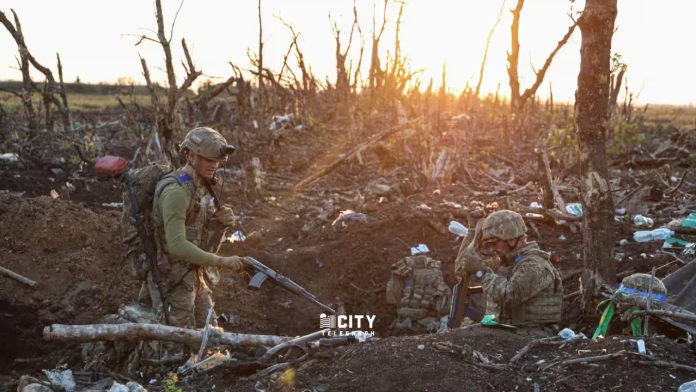In a significant turn of events on the eastern front of Ukraine, General Oleksandr Syrskyi, the commander of Ukraine’s ground forces, has reported a remarkable victory. Ukrainian troops have successfully routed three elite Russian brigades that were operating in the eastern Donetsk region, specifically around Bakhmut. This development underscores a major shift in the ongoing conflict and demonstrates Ukraine’s resolute determination in reclaiming its territory.
Tactical Advances and Key Victories
General Syrskyi’s statement, made on Monday, highlights the recent recapture of two strategically important eastern Ukrainian villages: Klishchiivka and Andriivka. Situated on elevated terrain near the previously devastated town of Bakhmut, the recapture of these villages is a noteworthy breakthrough for Ukrainian forces. General Syrskyi asserted that these operations resulted in the complete incapacitation of some of the enemy’s finest units.
The Russian units in question that suffered this defeat were the 72nd Motor Rifle Brigade, along with the 31st and 83rd Air Assault Brigades. These brigades, once regarded as formidable, now find themselves severely weakened and lacking combat capability.
Strategic Significance
General Syrskyi emphasized the importance of these victories, stating that Klishchiivka and Andriivka were integral elements of the enemy’s defensive line stretching from Bakhmut to Horlivka, approximately 40 kilometers (25 miles) away from Bakhmut. As a result of the successful actions of Ukrainian troops, this defensive line, which the enemy had vigorously attempted to reinforce, has been breached.
Ongoing Operations and Counterattacks
While Ukrainian forces continue their advance, it is essential to note that Moscow’s forces are mounting counterattacks from multiple directions in an effort to regain their lost positions. These counterattacks serve as a testament to the determination of both sides in this conflict, with the strategic significance of these territories further underscored by the fierce resistance faced by Ukrainian forces.
Expert Analysis
Analysts from Washington, DC-based think tank The Institute for the Study of War (ISW) have weighed in on these developments. The ISW has noted that Ukraine’s advances south of Bakhmut, coupled with claims of incapacitating the three Russian brigades, may signal significant losses for Moscow. The ISW has specifically pointed to the Russian airborne elements’ involvement in counterattacks and their likely heavy losses.
Read Also: Ukraine’s Resilience: President Zelensky’s UN Visit
Additionally, the ISW has suggested that Russian forces south of Bakhmut may be battle-weary from recent efforts to hold Klishchiivka and Andriivka, further adding to the complexities of the ongoing conflict.
Gains and Challenges
Since the commencement of its long-anticipated counteroffensive in June, Ukraine has successfully regained approximately 50 square kilometers (more than 19 square miles) of land around Bakhmut. While this progress has been criticized by some of Kyiv’s Western supporters for its relatively slow pace, Ukrainian officials have highlighted the formidable nature of Russian defenses. These defenses include intricate trench systems and extensive minefields, which Moscow had ample time to prepare, whereas Kyiv faced delays in receiving promised tank deliveries from its Western allies.
Deputy Defence Minister Hanna Maliar, despite being one of the six deputy defence ministers removed in a recent reshuffle, reported that Ukrainian forces have retaken 51 square kilometers (19 square miles) near Bakhmut and over 260 square kilometers (100 square miles) of land in the southern regions of Ukraine during the counteroffensive.
Conclusion
The recent successes achieved by Ukrainian forces in the eastern front represent a significant turning point in the ongoing conflict. General Syrskyi’s assertion of incapacitating three elite Russian brigades demonstrates the resolve and capability of Ukraine’s military. As the situation continues to evolve, it remains crucial to closely monitor the developments on the ground in this complex and dynamic conflict.


